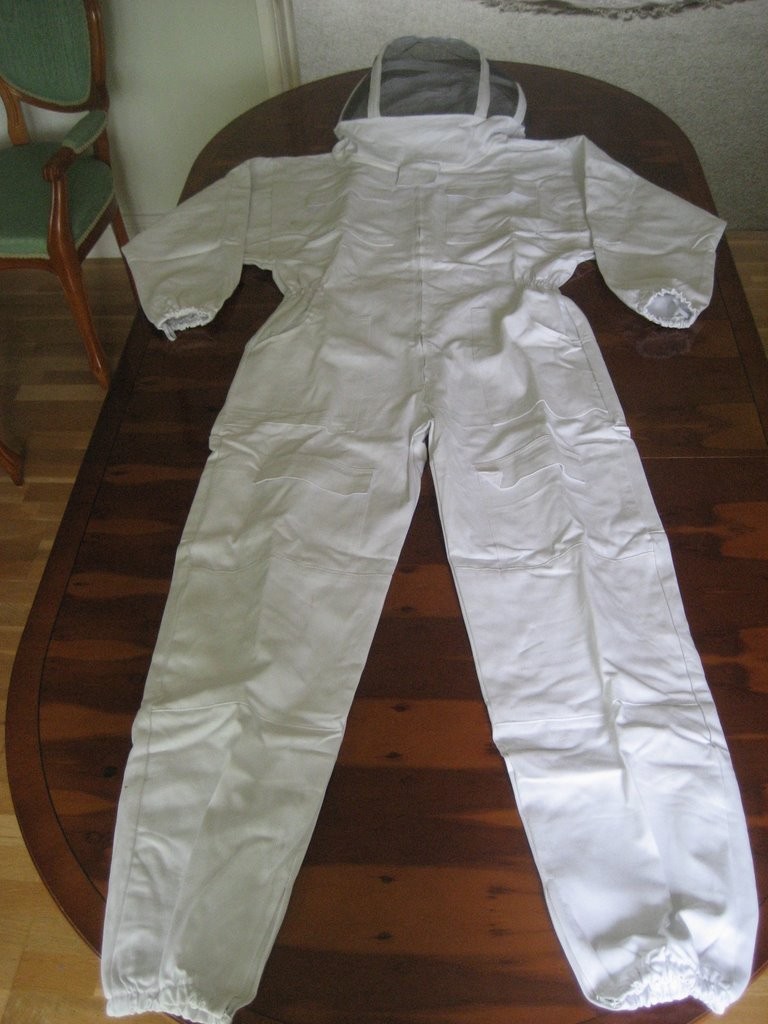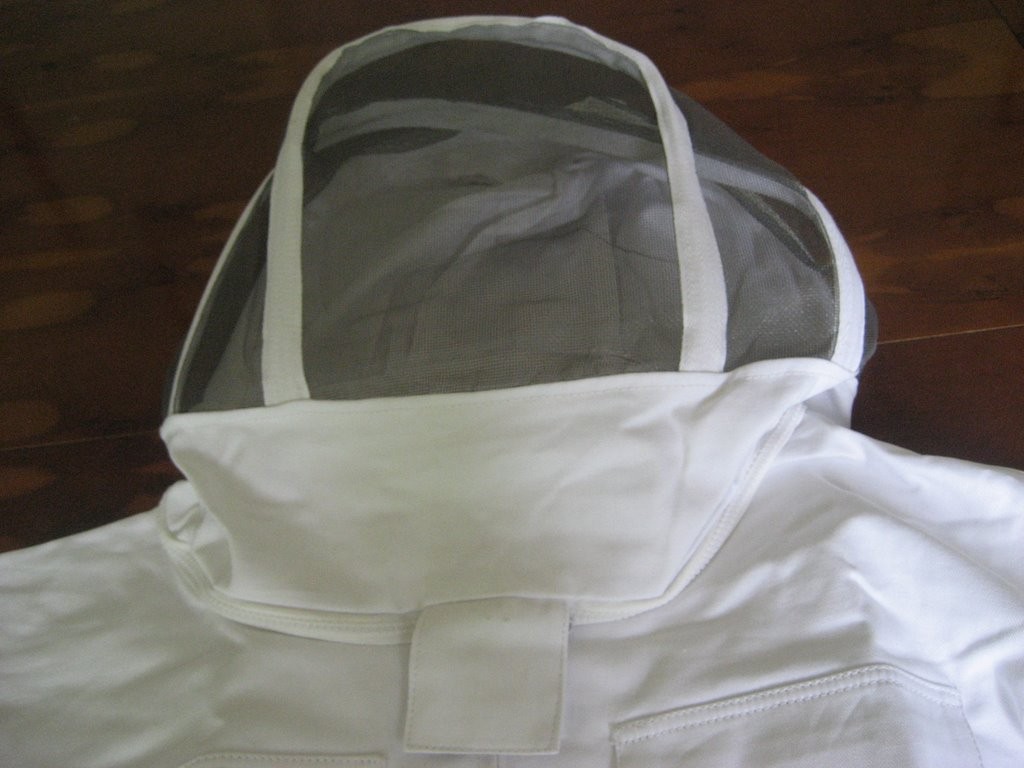Experienced beekeepers will know just how clever those busy bees really are!
We are dependent on them for pollinating our crops and underpinning our
agricultural systems. And as a by product of that, they provide us with
honey to spread on our toast!
And whilst the benefits of honey are well known, enabling us to boost our
immune system and fight off colds and sore throats, the honey bee is now
being trained to detect both illness and threats to our national security.
A whole new field of medicine, apitherapy, is being developed, to use the
properties of bee venom to help sufferers of multiple sclerosis, rheumatoid
arthritis and other autoimmune diseases. The venom has anti-inflammatory
properties which help improve the nerve transmission in of these patients.
And scientists have been taking advantage of the honeybee's exceptional ability
to determine scents. Repeating the experiments of Ivan Pavlov and his work
on conditioned reflex, they have taught bees to respond to over 60 different
smells. They mix chemicals with a sugar liquid and feed this to the bees.
This is done 5 times a day, and the bees begin to associate the smell with
the food. When it smells the scent again, the bee extends its tongue to lap
up the nectar - and the scientists are able to measure this reflex.
The implications of this training for human health is huge - and honey bees
are already being used as early detectors of lung and skin cancers, and
silent diseases such as diabetes. Even pregnancies can be confirmed by the
bees! Patients breathe into diagnostic tools and the bees that have been
trained to detect any of these diseases will move nearer to the tube that
contain the breath of the sick patient.
In effect the bees are now challenging the position of sniffer dogs, and the
security industry is now extremely interested in using bees to detect
explosives or drugs. With approximately 100 million landmines in existence
in 70 countries around the world, think what brilliant results the tiny honey
bee could achieve!
Whilst our canine agents are around 70% accurate and need investment and a
training time of up to 3 months, apparently bees have an accuracy of 98% and
need only 10 minutes training to determine a particular scent.
With the current threat to both cargo and passenger flights, a British
Company, Inscentinel Ltd, has devised a sniffer box to identify fertiliser
bombs, and plastic explosives . Just three trained bees are placed inside
the box, the size of a shoe box, and air is sucked in via tubes. If the bees
detect the scent of any of these chemicals, they stick out their tongues,
sending an immediate Red Alert message to the handler.
Perhaps these tinyinsects will save us a huge amount of money (and our dignity) by avoiding the installation of full body scanners at our airports. Currently Inscentinel are looking for partners with whom to deploy their technology.
So, take care of your bees, and who know, they may take even better care of
us!






